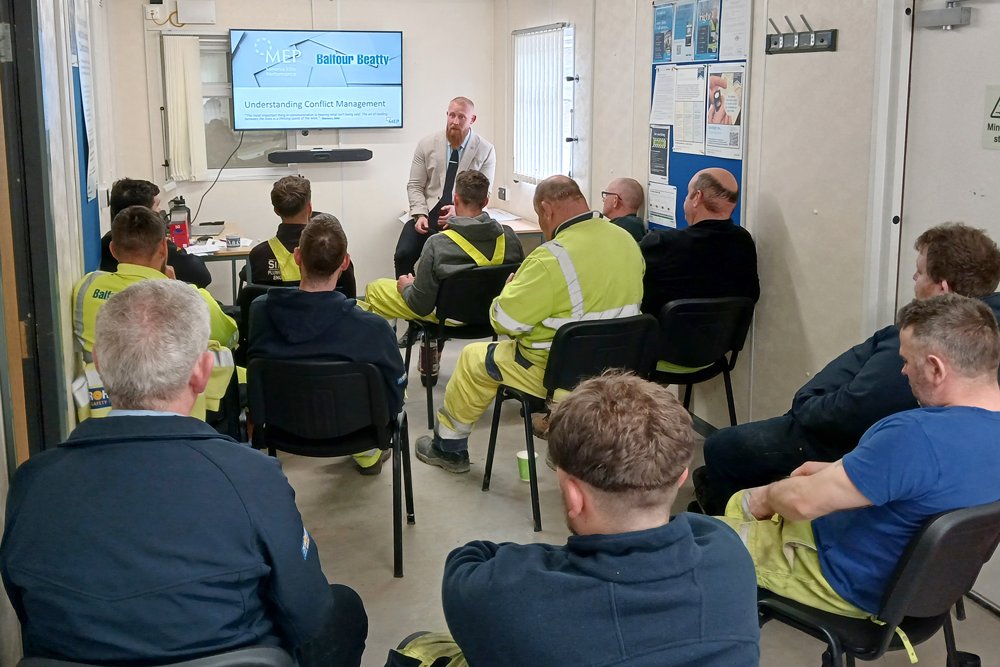
Conflict Management & Harm Reduction
Bespoke Certified Coaching or Regulated Level 2 Award
Conflict is a fact of life, especially in the workplace. From warring colleagues to angry customers, there’s always a looming dispute – risking personal safety, lawsuits and productivity.
But tensions needn’t boil over. Your team can learn to diffuse situations calmly, with no escalations or drag on costs and schedules.
We can equip your team with these skills, through regulated training. Or if you prefer, a custom conflict management programme, tailored to meet the exact challenges of your organisation.






